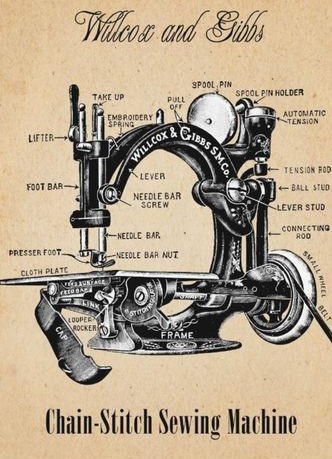Recently ruminating about the commonality of all my books and blogs, I realized they’re about homemaking. In books, it’s making a new home or fitting into someone else’s. In blogs, it’s about the little ways I make my own home.

I was reading an article about homemakers of today and the abuse they get from their feminist friends. I well remember the same disdain when I stayed home as a young mother. One would think being a full-time homemaker was some wasted, unproductive life spent in frivolity and laziness. I assure you, the year I was home with three children under five years old was the most challenging of my life.

When I was growing up, most women were homemakers. I watched ideal families on TV like The Donna Reed Show, Leave it to Beaver and Ozzie and Harriet. Did my life resemble those perfect families? Hardly, but there were similarities. When I witness the debauchery and moral decline portrayed in today’s media, I can’t help but wonder if my role models, though perhaps unrealistic, were far better than what we currently offer children. At least they represented a life to aspire to. Might we actually be encouraging modern children to lives filled with depravity?
I thought male-bashing was something new to the feminist movement, but I was wrong. I ran across this interesting advice from over 100 years ago:

Pretty harsh, isn’t it? Well, kind of funny, too.
The truth is, women and men are inherently different. That’s not my opinion, that’s science. I’m not saying they aren’t equal, just different. Why wasn’t the women’s movement ever about the importance of women in the family and society? Why wasn’t it about the value of supervising children and instilling morals and ethics? Why was a woman’s role demeaned instead of exalted? I can’t help but observe the movement was more about male envy than promoting women.
Where did we go wrong?
It seems women believed men were happier and more important in their role of breadwinner. According to the Suffragette Wife above, they weren’t up to the challenge of being worthy husbands. Couldn’t women do better? Paychecks would level the playing field. What suffragists never acknowledged was women simply took on a dual role, wage-earner and homemaker all rolled up into one. The demands on women today are astronomical. How does this benefit women? Families have suffered. Women are suffering. Traditional “women’s work” is disparaged to this day. Isn’t this reflected in the fact child-caregivers are paid so poorly, their work demeaned? Housecleaning service is not lucrative. Even teachers have historically been poorly paid. Why don’t we value this work?

It appears generations of feminists might have provided a bad example to young women today, who are returning in droves to simpler times and becoming full-time homemakers. Who wouldn’t want to be their own boss while pursuing creativity? Perhaps recent lockdowns demonstrated a different dynamic, where the importance of an adult in the home came to the forefront. Perhaps we’re approaching a time when families are more essential than affluence.

I can’t help but wonder if it’s too late for traditional families and values to reemerge. If a woman chooses a career, more power to her. The feminist movement has surely provided equal, unparalleled opportunity. Ideally, opportunity should always have been equal. But if a woman decides to put her family first, shouldn’t we provide encouragement?
There is no doubt the suffragist/feminist movement sought to solve real problems. Perhaps it’s time to rethink solutions.
